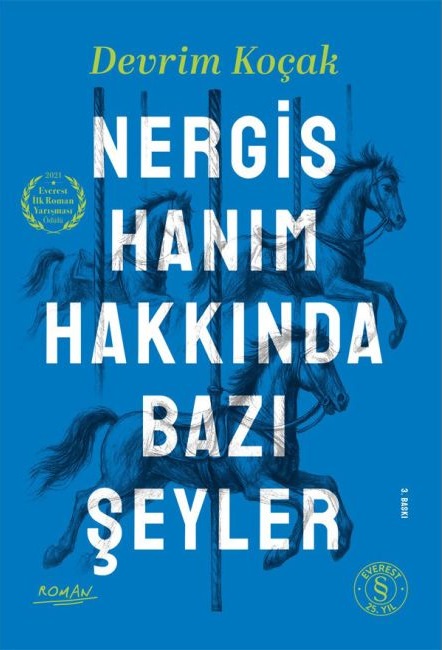Mark Twain’s “The Adventures of Huckleberry Finn” questions legal but immoral practices such as slavery. Is an individual morally right when they break an unjust law?
Mark Twain’s Adventures of Huckleberry Finn is a work that deeply examines the conflict between individual conscience and social laws. The novel questions legal but morally controversial practices of the period, such as slavery, and places the moral legitimacy of an individual’s defiance of an unjust law in a philosophical context. This question points to a classic moral philosophy problem that examines the relationship between ethics, law, and individual autonomy. This question will be answered with a detailed philosophical analysis below.
- The Difference Between Law and Morality
Although law and morality often seem compatible, they do not always overlap. Law is a set of rules created to maintain order in a society, and historically there have been cases where it has legitimized morally wrong practices such as slavery. Morality, on the other hand, is the beliefs and values of an individual or community about what is right or wrong. In Huckleberry Finn, Huck’s effort to rescue Jim from slavery is against the laws of the time, but his conscience tells him that these laws are unjust. This situation clearly reveals the tension between law and morality.
Philosophically, this tension has been debated since Plato’s Euthyphro dialogue: should something be considered true simply because it is legal, or does truth derive from an independent moral standard? The natural law tradition (e.g., Thomas Aquinas or John Locke) argues that laws must have a moral basis. If a law is unjust, it loses its legitimacy, and an individual may be morally justified in opposing it. On the other hand, legal positivism (e.g., John Austin) argues that the law is binding independently of morality; according to this view, Huck’s action is legally criminal even if it is morally justified.
- Individual Conscience and Moral Autonomy
Huck’s story emphasizes the power of individual conscience and moral autonomy. Immanuel Kant’s moral philosophy argues that an individual must base his moral decisions on a universal law of reason (the categorical imperative). By opposing the laws of slavery, Huck acts, consciously or unconsciously, in accordance with the principle of “count all men equally.” According to Kant, the moral value of an action depends on its intention and its conformity to a universal principle. Huck’s intention to help Jim stems from his personal conscience, and this finds a moral basis in Kantian ethics.
However, the conflict between Huck’s conscience and social norms also questions Jean-Jacques Rousseau’s concept of the “social contract.” According to Rousseau, the individual agrees to obey the general will as part of society. Slavery is an institution accepted by the “general will” of the period, but Huck rejects this will. This rejection shows that the individual can take an autonomous stance against the moral corruption of society.
- Civil Disobedience and Justice
Huck’s actions can also be associated with the concept of civil disobedience. Henry David Thoreau and later Martin Luther King Jr. argued that peaceful resistance to unjust laws is a moral duty. As Thoreau stated in his work Civil Disobedience, an individual should refuse to support laws that are against his conscience. By saving Jim, Huck demonstrates an actual act of civil disobedience against the laws of slavery. In this context, his action shows that opposing an unjust law is not only justified, but also a moral obligation.
John Rawls’ theory of justice also sheds light on this debate. In his principle of “fairness as justice,” Rawls argues that the basic structure of society should provide equal freedom and opportunities for everyone. Slavery is clearly contrary to this principle because it systematically violates the basic rights of individuals. Huck’s helping Jim aims to help one of the most disadvantaged members of society (Jim), in accordance with Rawls’ “difference principle.” This strengthens the moral legitimacy of Huck’s action.
- Virtue Ethics and Character
Aristotle’s virtue ethics focuses moral actions on the character of the individual rather than on consequences or rules. Huck undergoes a moral transformation throughout the novel; Initially shaped by social prejudices, as a child, he develops virtues such as empathy, courage, and justice through his friendship with Jim. His decision to save Jim is a reflection of these virtues. In terms of virtue ethics, Huck’s action is an indication of the maturation of his moral character and is therefore morally justified.
- An Existential Perspective
Existential philosophy emphasizes the freedom of the individual and the responsibility of creating his own meaning. According to Jean-Paul Sartre, a person carries the burden of his freedom and creates his own values with each choice. Instead of obeying the laws of slavery, Huck makes a choice based on his own conscience. This choice shows that he has assumed his freedom and moral responsibility. From an existential perspective, Huck’s action is justified because he charts his own moral path instead of blindly submitting to authority.
- Potential Criticisms
Those who question Huck’s action may argue that it is necessary to preserve social order. For example, Thomas Hobbes’s social contract theory argues that individuals must obey authority to prevent chaos. According to this view, Huck’s lawbreaking could threaten social stability. However, in a clearly unjust system such as slavery, this argument falls short because the order itself lacks a moral foundation.
Another criticism is the uncertainty of the consequences of Huck’s action. From a utilitarian perspective (e.g. John Stuart Mill), the moral value of an action depends on its overall effect on good or harm. While Huck’s saving Jim may mean freedom for Jim, it does not create systemic change and may even lead to greater conflict. However, Huck’s action can also be defended on utilitarian grounds because it provides the maximum benefit (Jim’s freedom) at the individual level.


